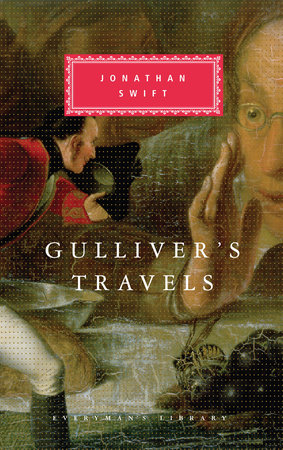 What's your favorite work of resistance literature? That's the question that launches this year's NBCC Reads series, which draws upon the bookish passions of NBCC members and honorees at this time of cultural shift. (NBCC Reads from previous years here.) We're posting these in advance of the #WritersResist events to be held on January 15–Martin Luther King Jr.'s birthday– throughout the country, including an event on the steps of the New York Public Library. Andrew Solomon, president of NBCC Sandrof-award winning PEN American Center and Trustee Masha Gessen will host; American Poets Laureate Robert Pinsky and Rita Dove will share original “inaugural” poems written for the occasion; and dozens of writers and artists including Laurie Anderson, Mary Karr, A.M. Homes, Michael Cunningham, Jeffrey Eugenides, and others will speak and read on the ideals of democracy.
What's your favorite work of resistance literature? That's the question that launches this year's NBCC Reads series, which draws upon the bookish passions of NBCC members and honorees at this time of cultural shift. (NBCC Reads from previous years here.) We're posting these in advance of the #WritersResist events to be held on January 15–Martin Luther King Jr.'s birthday– throughout the country, including an event on the steps of the New York Public Library. Andrew Solomon, president of NBCC Sandrof-award winning PEN American Center and Trustee Masha Gessen will host; American Poets Laureate Robert Pinsky and Rita Dove will share original “inaugural” poems written for the occasion; and dozens of writers and artists including Laurie Anderson, Mary Karr, A.M. Homes, Michael Cunningham, Jeffrey Eugenides, and others will speak and read on the ideals of democracy.
Gulliver’s Travels cannot rightly be called “a book on the theme of resistance,” for it was itself an act of resistance — a political satire published anonymously at a time when sedition was punishable by torture and execution. In the days since the election, thinking of Swift’s masterpiece has brought me an astringent kind of psychological comfort — not so much cheer as a kind of grim pleasure. England in 1726 was wracked by extraordinary violence and unrest — the country was only six years removed from a ruinous financial panic, and was under the heel of a war-mongering, dangerously unstable ruler of questionable mental facility, surrounded by ruthless, manipulative men. At any rate, for me the scene that comes most immediately to mind is the famous passage wherein the royal palace catches on fire and Gulliver, thinking quickly, acts to put it out in the most immediate way imaginable: by urinating on it. It seems aptly suited to our time.
Michael Lindgren is a freelance writer and musician whose reviews appear in the Washington Post, among other places. He lives in Jersey City, New Jersey.

